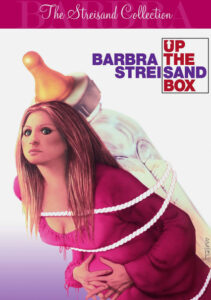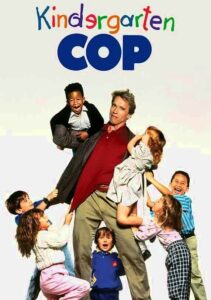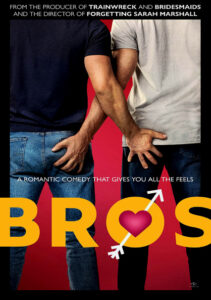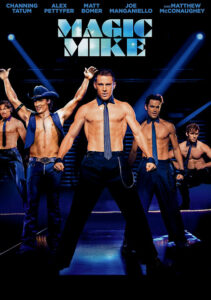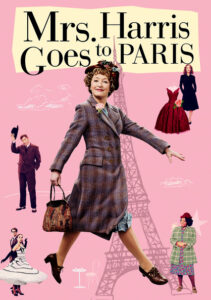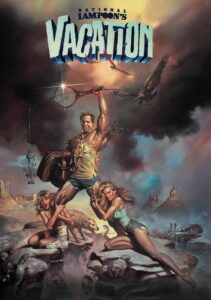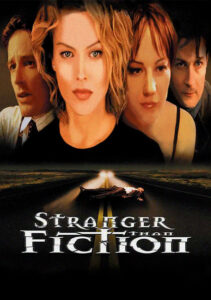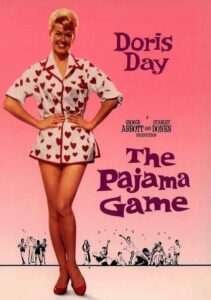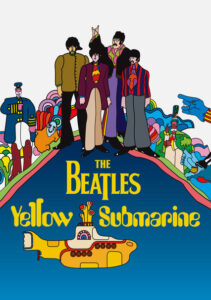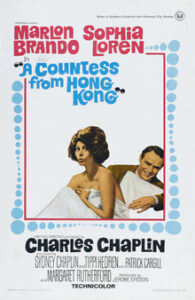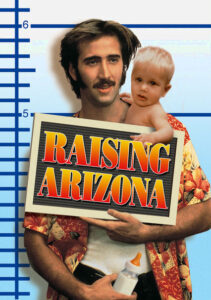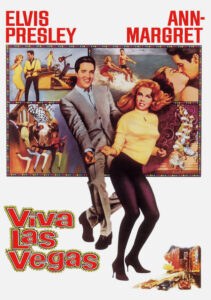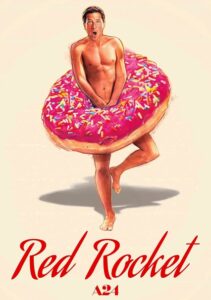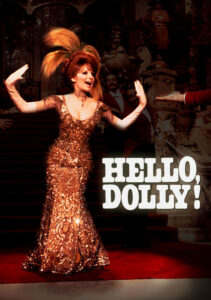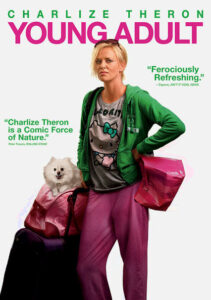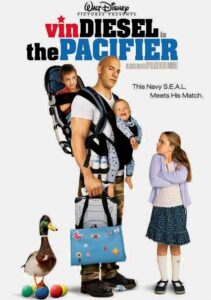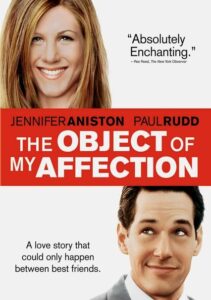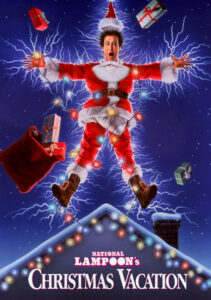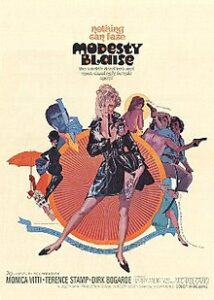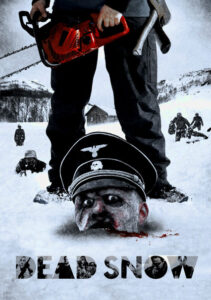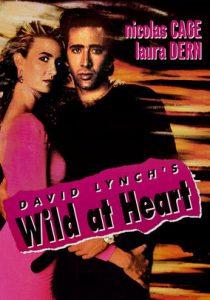Up the Sandbox-1972
Director Irvin Kershner
Starring Barbra Streisand, David Selby
Scott’s Review #1,308
Reviewed October 18, 2022
Grade: B
Up the Sandbox (1972) is likely the least successful film in the Barbra Streisand collection and more obscure than likely desired. The star performs no songs and the film is experimental but it’s unclear if it was intended to be or not.
Streisand takes a break from comedies and musicals and ventures into unknown territory, taking a risk that doesn’t always pay off.
On the flip side, she never looked more beautiful in a film.
The film has its moments. It’s shrouded in early progressive feminism which provides intrigue and it’s tough to go wrong with a bankable star like Streisand in a lead role.
Still, the fantasy sequences get too weird and sometimes unnecessary, and the film doesn’t always make a lot of sense.
The film gets taken down at least a notch for two anti-gay slurs that are shamefully unnecessary to any plot direction.
I award Up the Sandbox credit for thinking outside the box and being unconventional but all the parts don’t come together in a cohesive unit leaving me unfulfilled but recognizing the superior qualities.
The cover art (see above) is wacky and thought-provoking.
Margaret (Streisand) is a young wife and mother who is bored with her day-to-day life in New York City playing second fiddle to her successful and too-busy husband, Paul (David Selby).
He is a professor at Columbia University and they reside in a cramped yet fairly sophisticated apartment.
To combat boredom, she regularly escapes into increasingly outrageous fantasies: her mother breaking into the apartment, an explorer’s demonstration of tribal fertility music at a party causing strange transformations, and somehow joining terrorists to plant explosives in the Statue of Liberty.
Streisand is well cast and while other actresses could have given a fine performance she plays New York Jewish better than anyone. Her plight to break out of her life of doldrums is perfectly conveyed as she yearns to equal the balance between men and women.
She has resentment for going down the path of housewife, just like her mother did, and vowing to be nothing like her, as the women bicker and feud throughout the film.
The sequences involving her mother are the best in the film. Played by Jane Hoffman, Margaret’s mother provides all of the expected Jewish mother stereotypes like nagging and judging, hilariously.
The funniest mother/daughter sequence sees Margaret smash her mother’s head into a giant birthday cake. Naturally, it’s just her fantasy.
Up the Sandbox wins big by the lofty amount of location sequences showing early 1970s New York City, absolutely fascinating to view. One with an appreciation for Manhatten can be assured of a pleasant viewing experience.
The most heartfelt and sentimental moments occur during a long shot of the still-under-construction World Trade Center. Seeing the Twin Towers still being erected brings back teary memories of 9/11.
Lavish sequences are set in and around Columbia University in upper Manhattan and the campus can frequently be seen as Margaret and her friends trudge their baby strollers around the campus and surrounding areas.
Where the film fails is when it teeters too far out in fantasy land. It makes little sense why Margaret would join terrorists intent on blowing up Lady Liberty or what the group’s intentions are.
Perhaps it is a metaphor for something that went over my head.
Even when the screenplay is a dud Ms. Streisand holds her head high and plays the comedy or drama with sincerity and professionalism. With her well-known perfectionism, she would have been aware when things were not working.
A film not remembered well, Up the Sandbox (1972) scores some points with its locales, progressivism, and star power but stumbles off course too many times to recommend.
If only Streisand would have belted out a number or two amid her scripted fantasies the film might have worked better.
